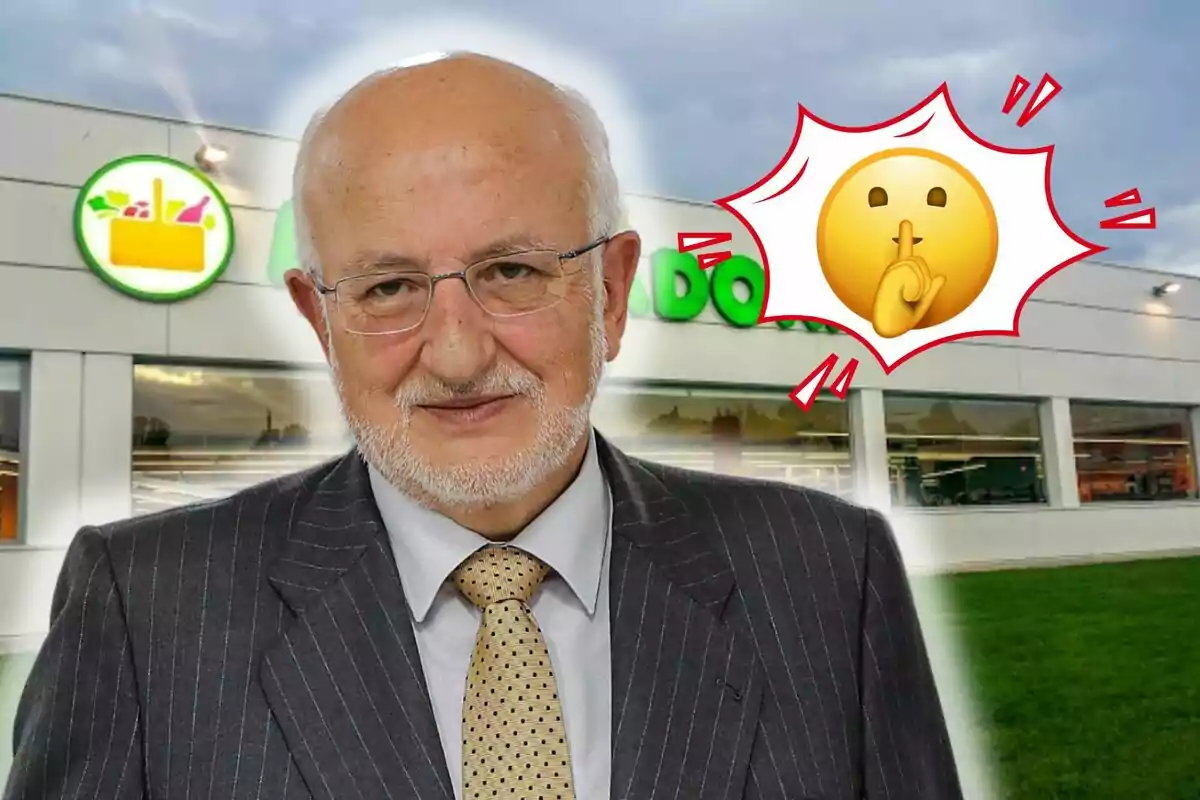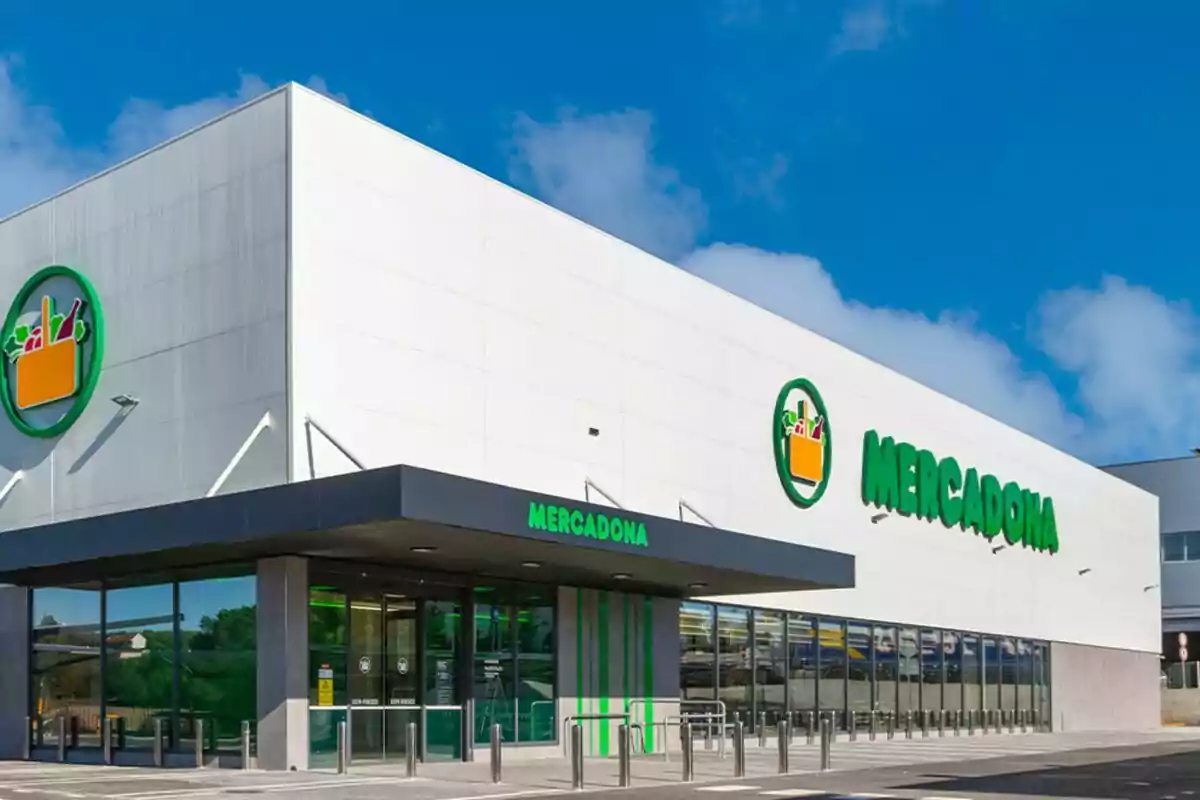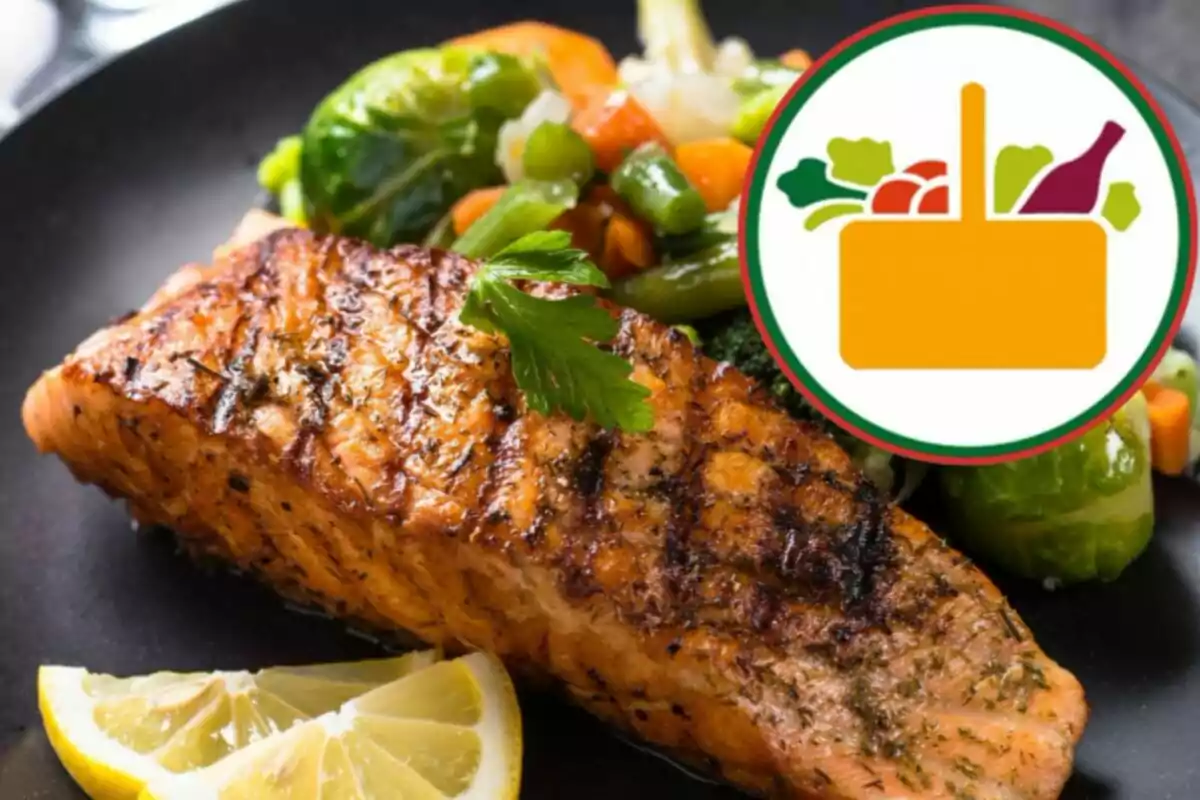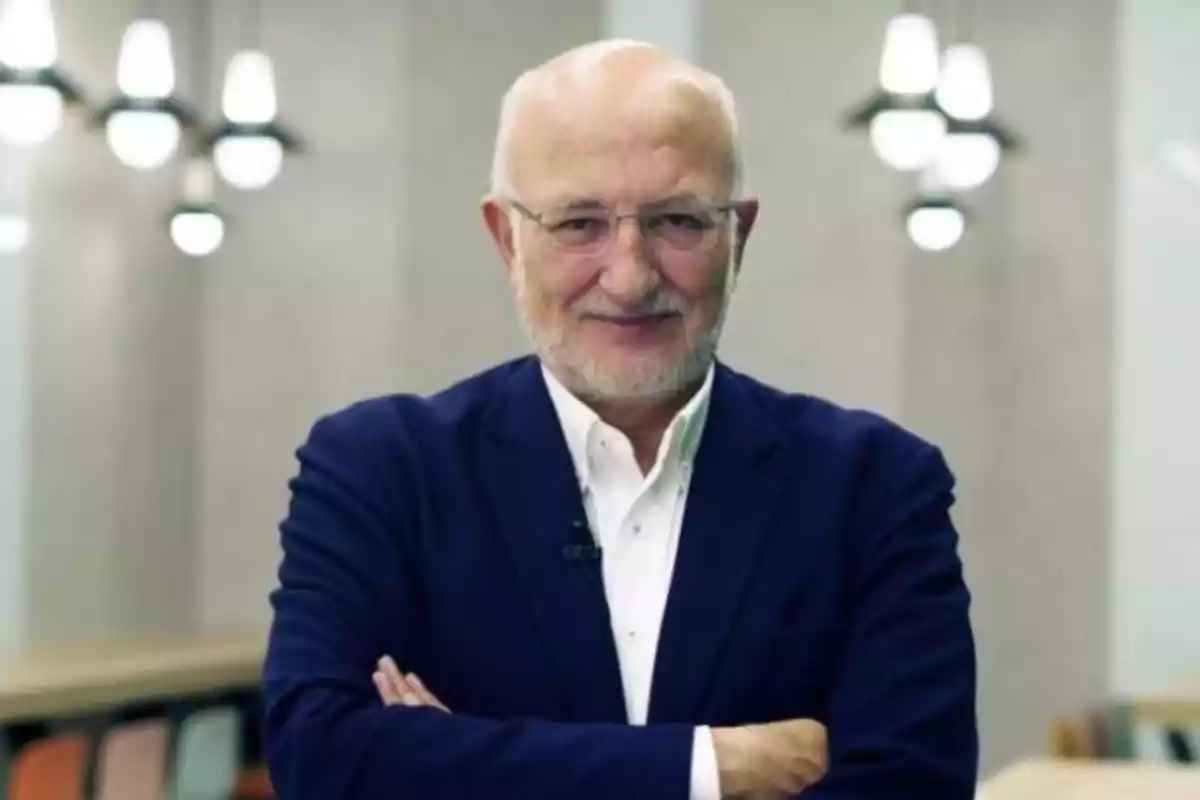
Juan Roig, Owner of Mercadona, Surprises with His Latest Words: 'There Won't Be...'
Mercadona's President, Juan Roig, Outlines His Vision on the Company's Next Strategic Steps
Recently, Juan Roig, president of Mercadona, made statements that have caused a stir in the business world. These words have surprised many, but they reflect the company's long-term vision regarding the changes occurring in consumer habits.
Roig has been clear in his approach to the evolution of consumer needs and the impact of these changes on the services Mercadona offers. During the presentation of the company's results, he stated: "I said it and I stand by it: by the middle of the 21st century, there will be no kitchens."

The Bet on Ready-to-Eat Meals
In 2018, Mercadona launched its 'Ready to Eat' section throughout Spain, an initiative aimed at offering quick and practical solutions for those who don't have time to cook. This offering has been very well received and, over time, has expanded both in Spain and Portugal, where it is called 'Pronto a Comer,' according to El Español.
The key to this service lies in the new consumption trends; customers, whom the company calls "bosses," have less and less time to prepare their meals. Mercadona has replied to this change by creating a range of prepared meals, some of which are based on traditional dishes. As of today, more than 1,260 supermarkets offer this service, covering both Spain and Portugal, with the intention of reaching all establishments in the near future.

Moreover, the company doesn't stop at offering just the basics. In 2024, they have incorporated innovative recipes like salmon with vegetables, roasted ribs, and seafood salad. These options are added to a list of products that aim to adapt to consumer tastes in various regions, such as migas, present in some communities.
The Booming Prepared Meals Industry
The comment about the disappearance of kitchens in homes by the middle of the 21st century, although surprising, aligns with the growth of the prepared meals industry. The consumption of these products in Spain has experienced a notable increase, with a growth of 6.6% in 2024. It represents more than 702 million kilograms (1.55 billion lbs.) of prepared meals, reaching a turnover of 4.197 billion euros, 5.9% more than the previous year.
This increase reflects a widespread trend in today's society, where quick and ready-to-eat food options are gaining more ground. Refrigerated prepared meals continue to be the most demanded, representing 46% of the market, followed by frozen ones, which cover 41%. Lastly, those prepared at room temperature complete the list with 13%.

Product diversification is key. From legume dishes to options with meat or pasta, consumers seek variety and convenience. The greater demand for prepared meals shows how these types of solutions have integrated into the daily diet of Spaniards.
Roig's statement about the disappearance of kitchens could be a reflection of the trends we are already seeing in the food industry. With companies like Mercadona strongly betting on prepared meals and a growing market, the future of home cooking seems to be shifting toward a more practical and accessible model.
More posts: